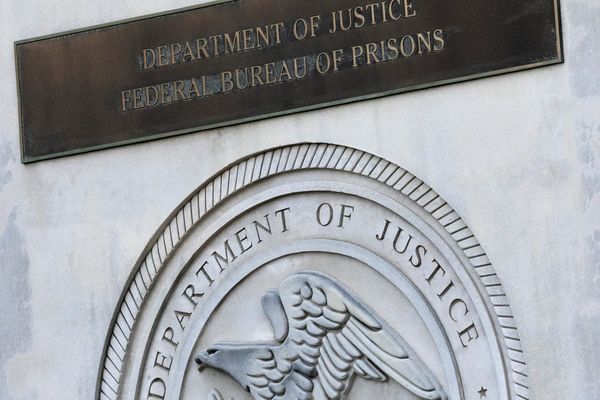
The Ecumenical Patriarch Bartholomew, who reigns in Constantinople, has a magnificent title which corresponds to almost nothing on earth. Although he represents an unbroken tradition of almost 2,000 years of Christianity, Constantinople has been the Muslim city of Istanbul since 1453 and there are now fewer than 3,000 Orthodox Christians living there. Although his title is a claim to universal authority in the church, this has been has been obviously false since the papacy broke away and took with it western Christianity in the 11th century. Adding insult to injury, the patriarchs of Moscow regard themselves as his successors in “the Third Rome”. Yet still he matters. His decision last year to recognise the Ukrainian Orthodox church as a body separate from Moscow was celebrated in his cathedral in Istanbul today. It came in the teeth of Russian opposition, and the political rift between Ukraine and Russia is now paralleled by a rift on the spiritual plane between Moscow and Constantinople and the declaration of a formal schism.
This may all seem like shadow play. But religions matter. It is obvious that they reflect political and even economic tensions. But they also help shape and form them. Religious allegiance has been a very important part of how nations imagine themselves into being, and so of how they define who is and is not a member. This may not be obvious in England, where the near collapse of the state church has run in parallel with a more general crisis of legitimacy. But in countries such as Poland and Ireland, religion and nationalism were inseparable for most of the 20th century. Even some forms of secularism can serve the same function of crystallising the idea of a nation, as the doctrine of laïcité does in France, or the separation of church and state does in the US. In all these cases, there is an underlying idea that only those people who share in a particular doctrine can truly be part of the nation. And in Ukraine, where President Petro Poroshenko is campaigning for re-election using the slogan “army, language, faith”, the connection could hardly be more stark.
Should the schism succeed – and the church in Ukraine is thoroughly divided – the Moscow patriarchate will lose believers, authority and money. Today it represents about half of the world’s 300 million Orthodox believers; about a third of these are in Ukraine and might be lost to the new church. Although the Moscow patriarchate is widely regarded as a creature of the ruling oligarchy, the church in Ukraine is hardly free of political links and interference either. Control of its property will be a prize for both sides in the coming struggle. The sacred and the secular are inextricably entwined here, as they were in Henry VIII’s break with Rome. The conflict is partly about who blesses the guns of which army, but since that is a question that affects a soldier’s willingness to fight, and die, it matters to millions who have no interest in theology.







